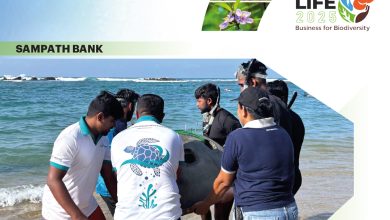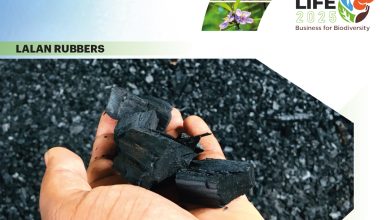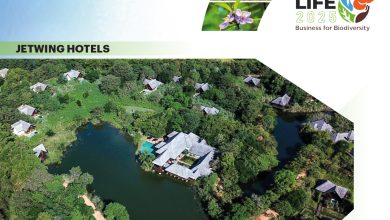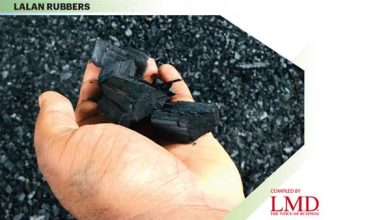DILMAH TEA
Biodiversity Means Business:
A Decade of Impact,
A Future of Action
“Investing in nature is not charity – it is a responsibility and a long-term business imperative”

Chairman and CEO
Biodiversity is not a peripheral cause for Dilmah Tea – it is the lifeblood of its business. Every cup of tea is a product of sunlight, soil and rainfall, making environmental stewardship inseparable from the company’s purpose.
“Our organisation has a sincere commitment to biodiversity and conservation, which is deeply linked to our product – tea – and its enduring connection with nature,” says Chairman and CEO Dilhan C. Fernando, adding: “Biodiversity Sri Lanka (BSL) provides our Dilmah Conservation unit with a network of expertise and scientific guidance, ensuring that our interventions are effective and evidence based.”
By founding and partnering with BSL, Dilmah reinforces its longstanding commitment to science led conservation – whether in reforestation, wetland restoration or environmental education.
He explains: “Simply planting trees without scientific insight can be counterproductive. Through BSL, we engage with leading scientists to ensure our initiatives are informed, effective and environmentally meaningful.”
Equally important to the organisation is sharing its journey with the broader BSL network.
“Whether restoring ecosystems on our plantations or publishing our new flora book with conservation botanist Dr. Himesh Jayasinghe, sharing both achievements and lessons helps amplify impact. Conservation is most effective when supported by a network – one that facilitates collaboration, knowledge sharing and collective action,” Fernando elaborates.
CONNECTING COMMUNITIES One of Dilmah’s flagship initiatives is its collaboration with the Urban Development Authority (UDA) to support wetland conservation in Colombo. These urban wetlands, home to a rich diversity of flora and fauna, are not only ecological assets but also natural defences against flooding.
He notes: “While the wetlands were already established, our role has been to fund restoration, improve public access through walkways and information panels, and integrate technology to make the space interactive.”
The project has a dual purpose: protecting biodiversity and cultivating environmental awareness. By creating classroom spaces, hosting educational sessions and involving scientists, the initiative connects city dwellers – especially children – with the natural world in their own backyard.
“We want local residents and young people to engage, learn and ultimately become stewards of these ecosystems,” Fernando affirms.
For Dilmah, this model exemplifies how private sector involvement can go beyond protection to active engagement, creating a lasting sense of shared responsibility for nature.
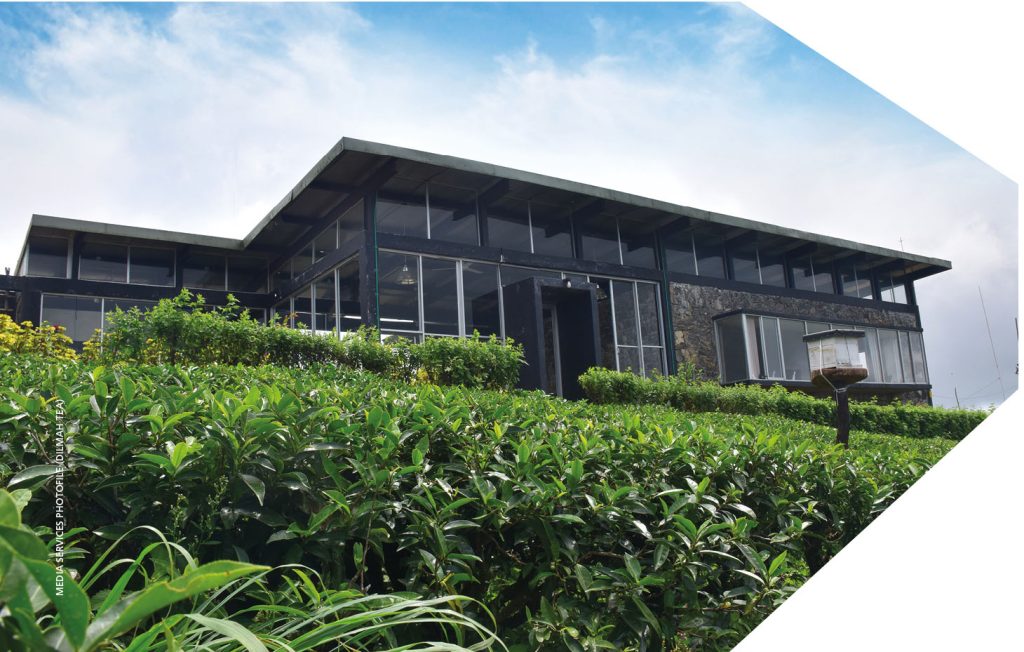
ECO HURDLES Despite its successes, Dilmah has faced challenges in advancing environmental action. “The greatest challenge is convincing others to invest seriously in nature,” he acknowledges. Traditional business mindsets often prioritise short-term profit over ecological responsibility.
Dilmah takes a different path, committing a susbtantial portion of its pretax profits to conservation and environmental education. This ethos reflects the belief that a business cannot survive in isolation from its ecosystem.
Societal and regulatory barriers also persist. Fernando avers: “Many undervalue nature based solutions. Yet, their benefits – from pollination to flood prevention – are clear. Mangroves and wetlands are proven natural defences but their destruction leads to severe consequences.”
Overcoming such barriers requires persistent advocacy and demonstration projects that prove the tangible value of investing in nature.

BUSINESS IMPERATIVE Dilmah’s priorities are firmly grounded in global sustainability trends and the UN Sustainable Development Goals (SDGs). The company is advancing agro-forestry initiatives with the Global Green Growth Institute (GGGI), mangrove restoration projects and community driven ecosystem protection programmes aimed at modifying the environmental footprint of historical plantation systems.
“The brightness in a cup of tea comes from sunlight, soil and rainfall. Protecting these natural assets is essential,” Fernando reflects. He also cites a compelling economic reality: over 50 percent of global GDP depends on nature – yet, many businesses fail to act on this dependency.
His message to fellow corporates is both urgent and pragmatic: “Investing in nature is not charity – it is a responsibility and a long-term business imperative. By internalising the environment in your operations, you safeguard future generations, your business and the planet.”
Telephone 4822000 | Email info@dilmahtea.com | Website www.dilmahtea.com

